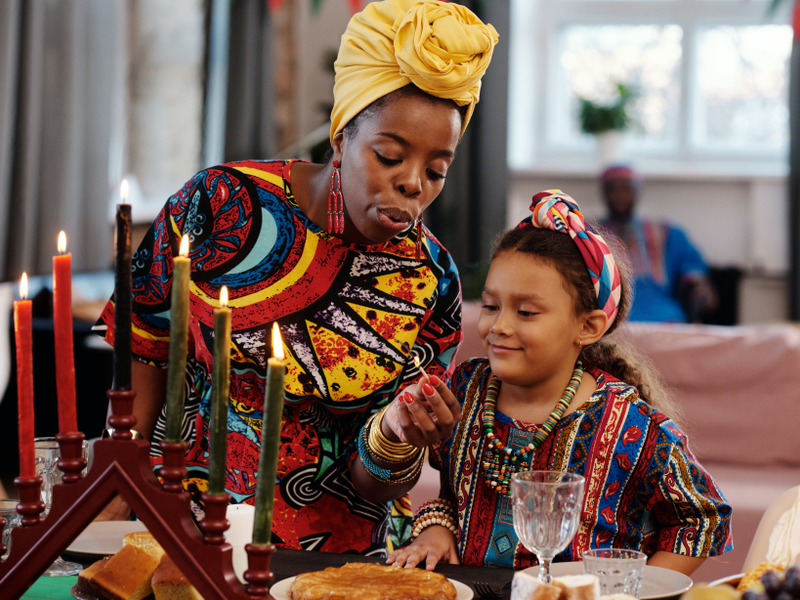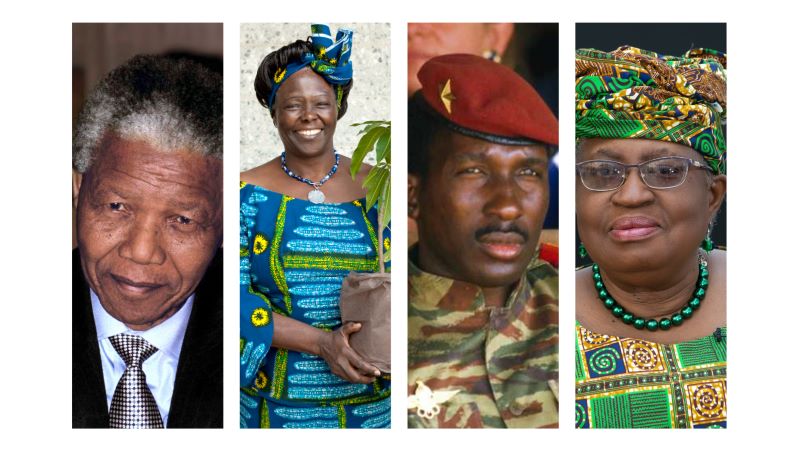Photo by Askar Abayev
Reaching down into the plastic bin and pulling out my Kwanzaa decorations, I realized it had been more than a two-decade family celebration. As I looked at the Kinara covered in layers of red, black, and green melted wax, I remembered when I was a child how special it was to see my grandmother bring her treasured and fragile Christmas tree ornaments up from the basement.
I’ll never know all the memories these ornaments held for her. And, how much of her life story of leaving the South in her teens to come to Philadelphia to live with plantation-reared cousins was connected to the glass globes wrapped in tissue paper.
When my first grandchild was born I knew I wanted to create a new tradition for them that went beyond buying expensive presents and celebrating a dubious birthdate but celebrated the journey and culture of African American families such as my grandparents.
More than 20 years later on Kwanzaa Eve, I gathered my Kwanzaa decorations with the same reverence my grandmother had for the celebration of Christmas in the home she and her husband purchased in Philadelphia in the early 1900s. I believe the decorated Christmas tree in my grandparents’ home with an array of presents was a testament that represented the journey from the fear and racism in the Jim Crow South where my grandmother was born in 1885 to a new beginning and hope for the future.
So, as my family gathered during the seven days of Kwanzaa my grandchildren heard the stories and sacrifices made by their great-grandparents and other long-gone family members. Hopefully, they will learn and appreciate that just as my grandmother Elizabeth Alberta Smith, and her husband William Thurston Smith protected their Christmas decorations, they protected and laid the groundwork for their descendants. They had intentionally laid a path to ensure that the generations to come had a legacy of support and love that we celebrated during Kwanzaa.

Karen Warrington has had a decades long career as a broadcast journalist, communications professional, performing artist, and documentary filmmaker. She has traveled extensively throughout Africa, the Caribbean, Europe, and Asia. She is committed to being a voice for the African Diaspora.





